
It’s always a good time to sit down to a seriously great film, right? And we all have dry spells where we seem to find anything but, too. So, why not make things a little easier, simplify them a bit, and narrow things down to ten incredible movies that you should check out in any way possible? Enough delaying, let’s just get started…
1. Tokyo Sonata (Kiyoshi Kurosawa, 2008)
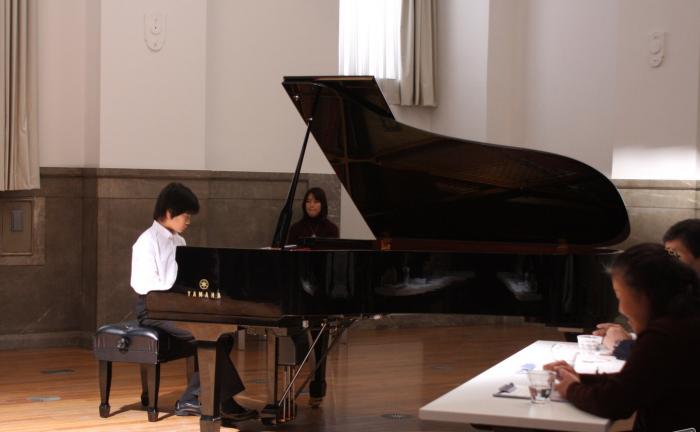
To put things simply from the very start of this list, Kiyoshi Kurosawa is a cinematic master like very few others. The control that he has over his form, and in turn over the emotions of his audience, is almost unprecedented. Maybe there’s some kind of mythical cinematic power given to the name Kurosawa, who knows? But putting cosmic coincidences to one side, lt’s look at Tokyo Sonata.
This film was a quite drastic switch up for Kiyoshi, seeing him flip his style and alter his approach from a notorious director of horror and (really) dark thrillers, such as Pulse (2001) and Cure (1997) (both of which are seriously excellent!) to taking on a more domestic approach to fit the context of the financial struggles strangling and suffocating Japan at the time of production.
Still channelling plenty of darkness and discomfort in the process, Tokyo Sonata is one of the greatest and most overlooked films of the 21st century, and maybe even of all time, with the perfect mix of fantasy and realism, the delicate juggling of horror and drama and the incredible ensemble cast who manage to portray everything so clearly despite the difficulties in expressing the shame and fear that they’re experiencing.
Starting off as unbearably real and gradually becoming increasingly surreal as it continues, Tokyo Sonata is a rarely emotional film focused on the effects of unemployment and financial insecurity. Kiyoshi directs it like a master of his craft, because he is one, and takes his formal game up a level by testing the waters of the family genre (it makes a lot of sense that he now makes a lot of films focused on relationships at the centre of a conflict).
2. The Adventures of Prince Achmed (Carl Koch and Lotte Reineger, 1926)
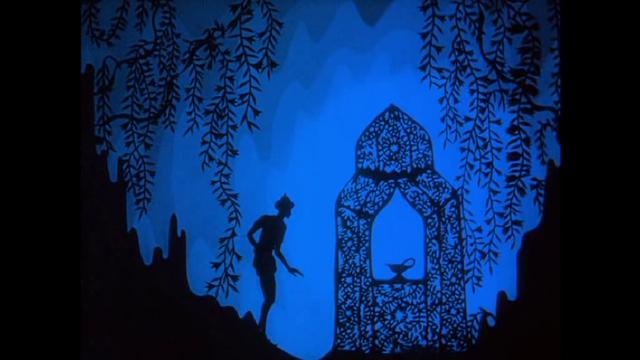
The very first fully animated feature length film just happened to be one of the greatest ever made. Utilising some of the most beautiful mixes of colours ever put to screen, as well as working with a gorgeous style that is gifted to the film by Lotte Reiniger’s wonderfully impressionistic use of shadows and silhouettes cut from cardboard, The Adventures of Prince Achmed is a breathtaking film that shows how early on animated films had intense visual power, something that can still be seen (in the right films, at least) even today, almost a hundred years later. There’s not too much to be said for this one, as its power is almost entirely to be seen in the beauty of the animated visuals, but do see it anyway!
3. Pauline at the Beach (Eric Rohmer, 1983)
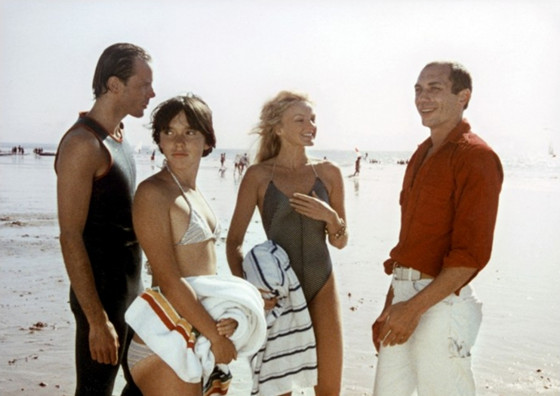
Okay, admittedly, most of us probably know Rohmer and his films quite well, but still, Pauline at the Beach is so wonderful that it won’t hurt to talk about it a little. One of Rohmer’s funniest and lightest films, Pauline at the Beach is a brilliant cause and effect comedy that follows the dysfunctional relationships between a group of people holidaying together.
The story has such a flow to it that it’s almost impossible not to enjoy the freewheeling attitude it has towards everything that happens, and even when it does become more serious it maintains enough of the silliness to never veer completely off road and become something else entirely. The locations add an extra layer of beauty to the film, as does the cast, with the overall movie certainly having the energy of being a true comfort film.
Few feel quite like it, with the overwhelming feeling of comfort despite some of the more serious consequences of the events as they continue to get worse through the continued misunderstandings of the characters. It’s a uniquely pleasant movie, one that doesn’t feel consequential enough to be truly dramatic or distressing – it’s one of those shockingly scarce films that feels just right.
4. The Roaring Twenties (Raoul Walsh, 1939)
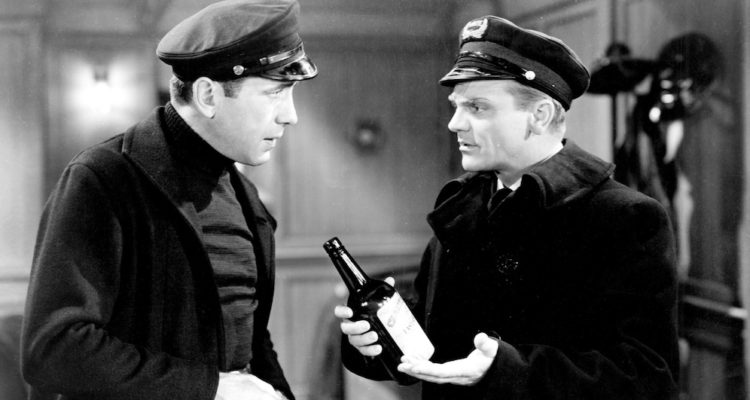
Raoul Walsh is a total veteran. Having made so many terrific films, with the most well known of them all likely being White Heat. The Roaring Twenties works as something of a spiritual predecessor to White Heat, also utilising James Cagney in the lead and both films following the perspective of a criminal, however, The Roaring Twenties may be the better character study. Looking deeply into the troubling context of the 1920s for Americans, the post-war poverty that crippled so many, and how this led to increases in crime and, in turn, increases in lust for power.
Surely a huge inspiration for Martin Scorsese in terms of style, with the stylistic newspaper archive edits being used to lay out the exposition and context and Cagney’s anti-hero being framed in so many contradictory ways to the point that the audience has to question his character, but also themselves and their reception of such a character. To put it simply, The Roaring Twenties is a phenomenal film that really manages to capture the troubles faced in 1920s America, whilst also serving as another excellent gangster classic for those who like those, too.
5. Punishment Park (Peter Watkins, 1971)
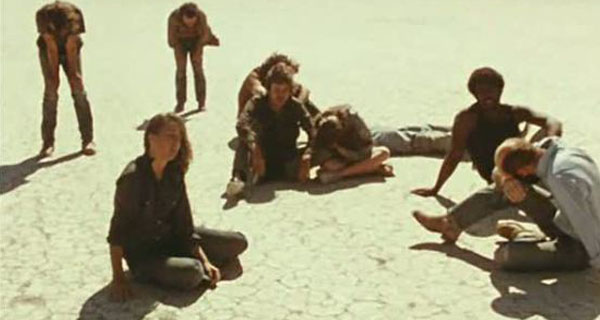
Peter Watkins generally has produced a good number of the most overlooked films ever made, from his absolutely astonishing La Commune, 1871 to his more mainstream films like Privilege that still somehow missed the mark (or, if they did hit the mark when they came out, have certainly been forgotten almost entirely), and Punishment Park is no exception even if it is one of his more popular works.
Taking the faux documentary style that Watkins played a huge part in popularising (along with directors like Robert Flaherty) and applying it to the heavy political contexts that were everywhere in the early 1970s (such as the civil rights movement and protests against the Vietnam war, for example), Watkins makes a really astonishing film by focusing so intently on realism whilst merging it slightly with a feeling of totalitarian dystopia, just enough so that it still feels real. It’s a real shocker of a film, something that works within its own genre that will probably never be seen again.